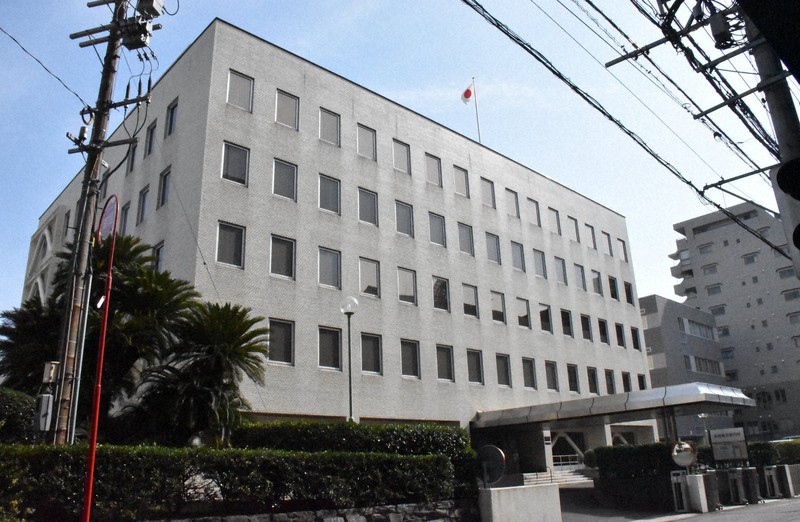A woman's murder case that took place 16 years ago in Japan has concluded with an acquittal verdict. The accused had maintained their innocence throughout the trial against allegations of being responsible for this high-profile murder episode. While details remain sketchy, it is assumed that either new evidence or testimonies have led to this unexpected decision. This case has sparked much debate about Japan's legal system and the presumption of innocence.
In Japan, a high conviction rate in criminal cases often leads to public trust in the judicial system's efficiency. However, this system is also criticized for potentially leading to false convictions. Thus, such rulings where the accused is acquitted after a lengthy process are rare and garner massive attention nationally. It re-ignites discussion on legal reforms and the importance of re-examining older cases.
In the US or the EU, public sentiment similarly churns when such unexpected outcomes occur in high-stakes legal cases. Respective regions have their ways of dealing with it, including public discussions, legal adjustments, and policy reforms. However, a significant difference lies in the convicting process - Western countries often stress "innocent until proven guilty," whereas Japan is remarked for a high conviction rate.

